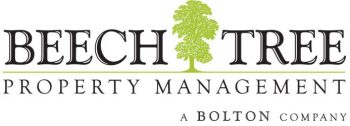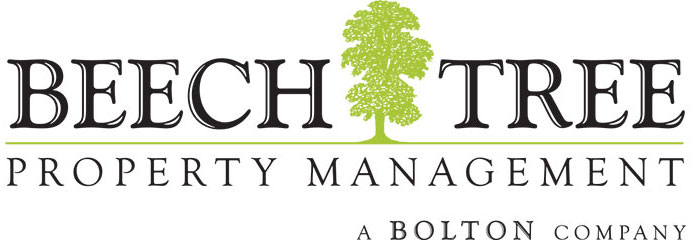Below are a list of some of the rental policies that sometimes cause misunderstandings between landlords and tenants. We provide these policies on our website to eliminate surprises. Better informed residents make better decisions and feel more confident renting their home from us.
Read Your Lease
Read your lease and understand the resident‘s rights and responsibilities as well as the company‘s rights and responsibilities.
Use of Premises
The use of the premises must be respected as outlined in the lease. Changes can occur, but only with prior, written agreement by the company. Premises rented for residential use are not to be used for commercial activity without the full knowledge and consent of the company and only in conformity with all applicable laws and regulations.
Maintenance, Repairs and Emergencies
The resident is expected to conduct routine maintenance on the property and minor repairs. If alterations are desired, the company may require the work to be done by professionally licensed tradespersons. The resident must contact the company for all issues that pose a safety threat or a potential of causing damage to the property (e.g. electrical problems, water leaks). Failure to report these issues in a timely fashion may risk occupants being harmed or require expensive repairs that may be assessed to the residents‘ account. Emergencies involving utilities should be reported to the respective Utility Emergencies line first, then to the company.
Payments
Payments are due as specified in the lease. Late or nonpayment of rent will not only result in late charges, but could lead to filing of suit to initiate the eviction process. Delinquencies are reported to the three credit bureaus for all monies due. If there are co-signers to the lease, they will also be impacted by these actions.
Priority of Changes
If less money is paid than what is outstanding on a resident‘s account, all funds will first be applied to outstanding charges other than rent (e.g. repairs, late fees). The remaining amount will be applied to any back rent due. Only then will remaining funds be applied to current rent due. It is therefore important that residents keep their account current or work out a payment plan with the company. Failure to do so risks the resident being identified for action as previously outlined (see Payments).
Non-Compliance with Policies
In addition to the Lease there may be other documents that provide rental policies and guidelines regarding acceptable behaviors and actions. For example, homeowner‘s association regulations and condominium rules must be adhered to. In multi-family buildings such as apartments, the Resident Handbook furnished by the company should be followed.
Pets
Animals brought on the premises must first be approved by the company. These include dogs, cats, birds, fish, reptiles, ferrets or any other animal kept for the purposes of being a pet. This policy also applies for any temporary period of time including visits and pet-sitting. Exceptions are made only for those properties where pets are permitted, but restricted to only those pets that are listed on the lease.
Vehicles
Vehicles kept on the premises are limited to those owned by residents and listed on the lease. Any vehicles remaining on the property beyond seven days must have prior company approval or risk being towed at the owner‘s expense.
Renters Insurance and Utilities
Residents are responsible for obtaining property and liability insurance (Renter‘s Insurance) and assuming utility accounts where required before occupying the rental. Proof of Insurance must be provided to the company within 30 days of moving in.


